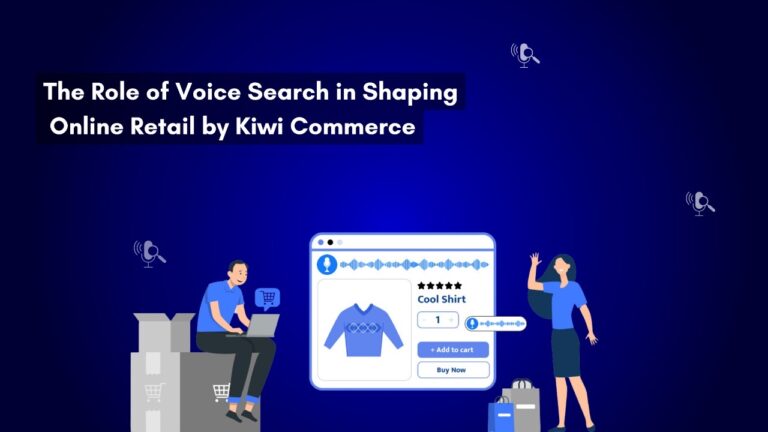On Page vs Off Page Website SEO
Optimising your website so that it appears in the search engines when people type in relevant keywords and phrases is an ongoing task, but a highly rewarding one. I’ve always described successful optimisation as a marathon and not a sprint and there are two distinct areas of focus when it comes to search engine optimisation (SEO) – on-page and off-page optimisation. These form the essential parts of your website’s digital marketing strategy.
What is On-Page SEO?
The main focus of on-page SEO is to optimise your website so that the search engine bots understand completely what each section and each page of your website is about. By doing this, the bots can easily and confidently match your web pages with the queries people type into the search bar. With on-page SEO you can determine how the bots will crawl your site, navigate the site structure and index the pages of your website. So how do we do this?
When it comes to what your customers will see when we talk about on-page SEO, we’re talking about the way the site is structured, the content on each page, the way the site displays on multiple devices and any social aspects and usable features that people experience when they land on your pages. If done correctly, your customers won’t realise the site has been optimised for the search engines; they will simply see a content rich, usable and accessible website.
Google and the other search engines have one main job, which is to serve the most relevant, useful and popular web pages that match perfectly to what they think the user is looking for; so by making your website tick all of the boxes on-page we have a much higher chance of appearing further up in the rankings, gathering more visitors and ultimately converting more.
As well creating quality content and making sure users can share, engage with and navigate your site well, it’s important to look at the technical elements behind the pages; such as load time, meta information, imagery, coding and mobile compatibility; all of which are major factors that determine user engagement, value to the user and thereby the ranking of your website. Another major part of on-page SEO, and one that we recommend with any re-build or new website, is to complete a full keyword strategy to identify the keywords that are relevant to your business, based on thorough and targeted keyword research. The keyword strategy ultimately helps form the entire structure of your site and the content within it.
It may seem that on-page SEO is just a big one time project, however once you have your SEO house in order for your exiting pages and structure, there’s the development and expansion of your site to work on. Google values sites that are updated frequently as this suggests an active business, so it’s important to create additional content to engage your audience and prove your ongoing authority as a business. A decent SEO company will create a content plan which includes a huge list of potential keywords and phrases that your website can rank for, and will provide creative ways to include these in your site on an ongoing basis.
What is Off-Page SEO?
Off-Page SEO refers to all the tasks that you perform to promote your website, in order to increase it’s rankings in the search engines results page (SERPS). Off page SEO is basically a way to show Google how popular your pages are, which gives it confidence in listing your pages in the SERPS. A lot of off-page SEO includes marketing, branding and PR activities, however it’s important to be clever and have in mind the SEO potential and requirements as you complete these activities.
One of the best ways to show Google how popular your pages are is to gain links from other trusted websites that point back to your website. Increasing social mentions and sharing between social platforms also counts. Essentially, if you’ve got a lot of quality links pointing to the pages of your website and a lot of people talking about your products and services, the search engines will interpret that you’ve got some great content that’s valuable for users. This, along with great on-page SEO is the key to achieving more rankings and ultimately doing more business.
On-Page Is Essential
Even if you have a website that is ranking high on search engines, you cannot just stop practicing on-page SEO. You never know when a competitor will update their optimisation and leave you behind in the SERPS out of nowhere. You need to fight to keep and improve your positions.
On-page SEO includes:
- Page content optimisation
- Title tags & meta data optimisation
- Headings (H1, H2, H3)
- URL Structure
- Page Load Speed
- Alt-text for Images & Videos
- Internal Links
Off-Page SEO relies majorly on quality links and social sharing
Off-page SEO determines the quality and domain authority of your website. If your website appears authoritative and popular by having a lot of votes (links) from other high quality websites, plus it gets a lot of mentions from users on social platforms it stands a much better chance of being ranked highly in the results pages.
Off-page SEO include:
- Link Building
- Guest Blogging
- Social media marketing
- Press releases
Which One is More Important?
You cannot just choose one between On-Page and Off-Page SEO and if you do it’s like selecting either the floor or the ceiling while building a house. On-page and off-page SEO go hand in hand and both complement each other in order to improve the rankings of your website. It is crucial that you perform both of these optimisation techniques so that the crawlers and the users both understand the worth of your website, leading to higher rankings and increased visitor numbers.





